<<-BACK TO ‘KEYWORD’ SEARCH MENU
<<-BACK TO ‘AREAS OF LEARNING’ SEARCH MENU
Poetry & RHYME: EYFS/Early Years activities, Displays and ideas
PLEASE SCROLL DOWN TO BROWSE OUR
‘RHYME & NURSERY RHYMES’ RESOURCES…
SECTIONS:
Free sample resources
Topics in alphabetical order
Related special dates - World Poetry Day - National Poetry Day (UK)(Scroll down to find out more)
If you are not a member already, become a ‘Free Access’ member here. This will give you access to resources within the ‘Free Sample Resources’ sections at the top of most pages and ‘Special Dates Calendars’. Some whole topics are even free! Find out more about all of our membership options here. If you are already a member… thank-you! x
Please note that both Editable (docx file) and non-editable (pdf file) versions are available for our ‘Rhyme & Nursery Rhymes’ resources. (Editable files require Microsoft Word to work at optimum level and Non-Editable files require a pdf viewer.)
FREE SAMPLE RESOURCES!
(Click on the images below to find out more)
Click on the thumbnail images below for further details…
EYFS & KS1 Printable: Poetry Educational Resources
'Rhyme' Resources in 'Non-Topic Literacy'…
'Rhyme' Resources in 'Nursery Rhymes'…
Related Special Dates | you may wish to explore with your children
The following is a list of awareness dates and events that may be of interest to you when covering the themes on this page. Each special date section below contains a brief description of the event, who started it and why, some ideas for exploring it with your children and a link to the official website of the awareness day or the primary organisation behind it where this is available. [Please note: external links are provided for informational purposes and we are not responsible for the content of external sites.]
World Poetry Day
World Poetry Day is celebrated annually on March 21st. Proclaimed by UNESCO (the United Nations Educational, Scientific and Cultural Organization) in 1999, the day aims to promote the reading, writing, publishing, and teaching of poetry throughout the world. It encourages a return to the oral traditions of poetry recitals, promotes the study of poetry, and supports the convergence between poetry and other arts.
The main educational thrust of World Poetry Day for EYFS and KS1 children is to introduce them to the beauty, rhythm, and playful nature of language through poetry. It aims to foster an appreciation for words, sounds, and imagination, building early literacy skills like phonological awareness (rhyme, alliteration), vocabulary, and creative expression. It also encourages listening skills, emotional understanding, and a sense of wonder about the world, all through the engaging medium of verse.
Activities for EYFS and KS1 Practitioners and Parents:
Here are some engaging and age-appropriate activities to celebrate World Poetry Day and explore the magic of poetry with young children:
Read Aloud a Variety of Poems: Share a diverse range of children's poems – rhyming poems, silly poems, poems about animals, nature, or feelings. Read them with expression, emphasising rhythm and rhyme.
Rhyme Time Fun: Focus on rhyming words. Play a game where you say a word (e.g., "cat") and children try to think of as many rhyming words as they can ("mat," "bat," "hat"). Use rhyming picture cards for younger children.
Action Poems and Movement: Choose poems that lend themselves to actions, like "Zoom, Zoom, Zoom, We're going to the Moon!" or poems about animals. Encourage children to move and express the poem physically.
"Sound Scapes" for Poems: Read a poem and then encourage children to create sound effects or musical accompaniment for it using their voices, body percussion (clapping, stomping), or simple instruments.
Silly Rhyme Creation: Start a simple rhyming couplet (e.g., "The cat sat on the mat..."). Then, encourage children to suggest the next line, trying to keep the rhyme and rhythm going, even if it gets silly ("...and ate a big, fat rat!"). This is great for fostering creativity and phonological awareness.
Poetry Walk/Sensory Poems: Go for a walk outdoors and focus on sounds, sights, and textures. Back inside, help children dictate short lines about what they experienced, focusing on descriptive words and sensory details. These can be compiled into a simple class poem.
"My Favourite Colour" Poem: Guide children to create simple poems about their favourite colour. Each line could describe something that is that colour (e.g., "Blue is the sky. Blue is a bird. Blue is a car passing by.").
Shape Poems (Concrete Poems): For KS1, introduce the idea of shape poems where the words are arranged to form the shape of the poem's subject (e.g., a simple poem about a star written in the shape of a star). Children can draw the shape and then add words or lines inside.
Poetry Performance: Encourage children to choose a short poem they like and practice reciting it with expression. They could perform it for their peers, parents, or even a favourite teddy bear.
Word Play with Alliteration: Explore words that start with the same sound (alliteration). "Silly snakes slither slowly." "Bouncy balls bounce." Ask children to make up their own alliterative phrases.
Official World Poetry Day / UNESCO Website: For more information, the current year's theme, and to learn more about the global celebration of poetry, please visit the official UNESCO website: www.unesco.org/en/days/poetry
National Poetry Day (UK)
National Poetry Day is a much-loved annual celebration of poetry and all things poetic in the UK, held on the first Thursday in October. Established by the Forward Arts Foundation in 1994, it aims to inspire people of all ages to enjoy, discover, and share poetry. Each year, a specific theme is chosen, providing a focus for events and activities across schools, libraries, workplaces, and homes throughout the country.
The main educational thrust of National Poetry Day for EYFS and KS1 children is to ignite a passion for language, rhythm, and imaginative expression through poetry. It encourages children to see poetry as a playful and powerful way to explore ideas, feelings, and the world around them. By focusing on spoken word, rhyme, and creative language, it significantly supports early literacy development, phonological awareness, vocabulary expansion, and confidence in self-expression, both orally and in early writing. It also celebrates the diverse voices and forms that poetry can take.
Activities for EYFS and KS1 Practitioners and Parents:
Here are some engaging and age-appropriate activities to celebrate National Poetry Day and introduce young children to the joy of poetry:
Rhyme Time Fun & Games:
Rhyming Pairs: Have a set of picture cards (e.g., cat, hat, bat, mat). Ask children to match the rhyming words.
"I Spy" Rhyme: "I spy with my little eye something that rhymes with 'ball'!"
Silly Rhyme Strings: Start with a word, and have children take turns saying a word that rhymes with it, creating a long, silly string of words.
Performance Poetry (Reciting & Chanting):
Choral Recitation: Teach a simple, repetitive poem and have the children recite it together, focusing on rhythm and expression.
Action Poems: Choose poems that lend themselves to actions and movement (e.g., poems about animals moving, or simple action rhymes). Encourage children to act out the words as they speak them.
"Poem in My Pocket": Encourage children to choose a short favourite poem, learn it by heart, and "carry it in their pocket" to recite to others throughout the day.
Create Your Own Poems (Emergent Poetry):
Sensory Poems: Go on a "listening walk" or "smell walk" and then help children to describe what they heard or smelled using simple words, creating short, sensory-focused lines.
"I Like..." Poems: Start each line with "I like..." and have children finish the sentence with something they like (e.g., "I like sunny skies. I like yummy pies.").
Colour Poems: Assign a colour to each child or a group. Ask them to think of things that are that colour and help them turn these ideas into simple lines (e.g., "Green is a frog. Green is grass.").
Explore Different Poetry Forms (Simply):
Limericks: Read some simple, silly limericks and point out the "AABBA" rhyme scheme.
Haiku (Nature Focus): Introduce very simple 5-7-5 syllable poems, focusing on nature themes. Count syllables using claps.
Illustrate a Poem: After reading a poem, have children draw a picture of what they imagined while listening. This helps with comprehension and visual literacy.
Poetry Tea Party: Set up a "poetry tea party" where children bring a favourite poem to share (either one they've written, drawn, or simply a favourite they want an adult to read). Serve small snacks and drinks.
Visit the Library's Poetry Section: If possible, take a trip to the local library and explore the children's poetry section. Let children pick out books of poems to read and borrow.
Official National Poetry Day Website: For more information, this year's theme, and a wealth of free resources, please visit the official National Poetry Day website: www.forwardartsfoundation.org/national-poetry-day
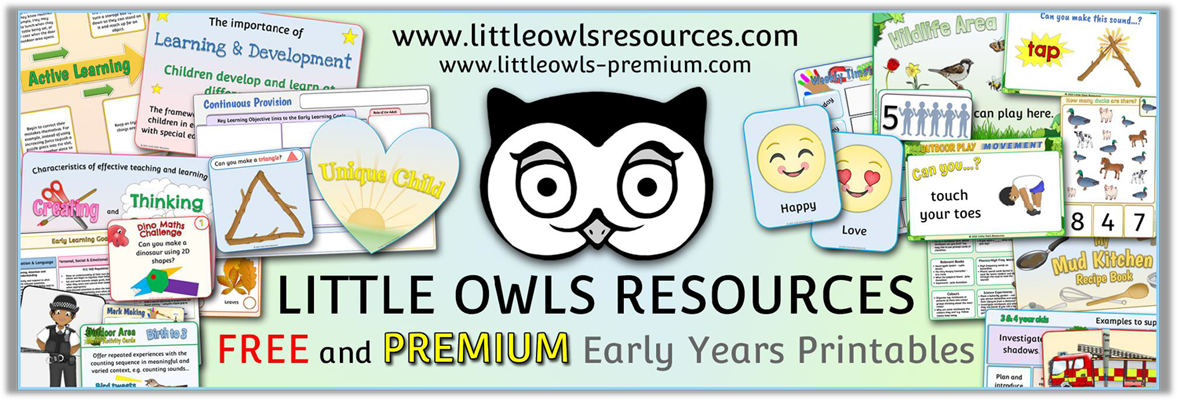







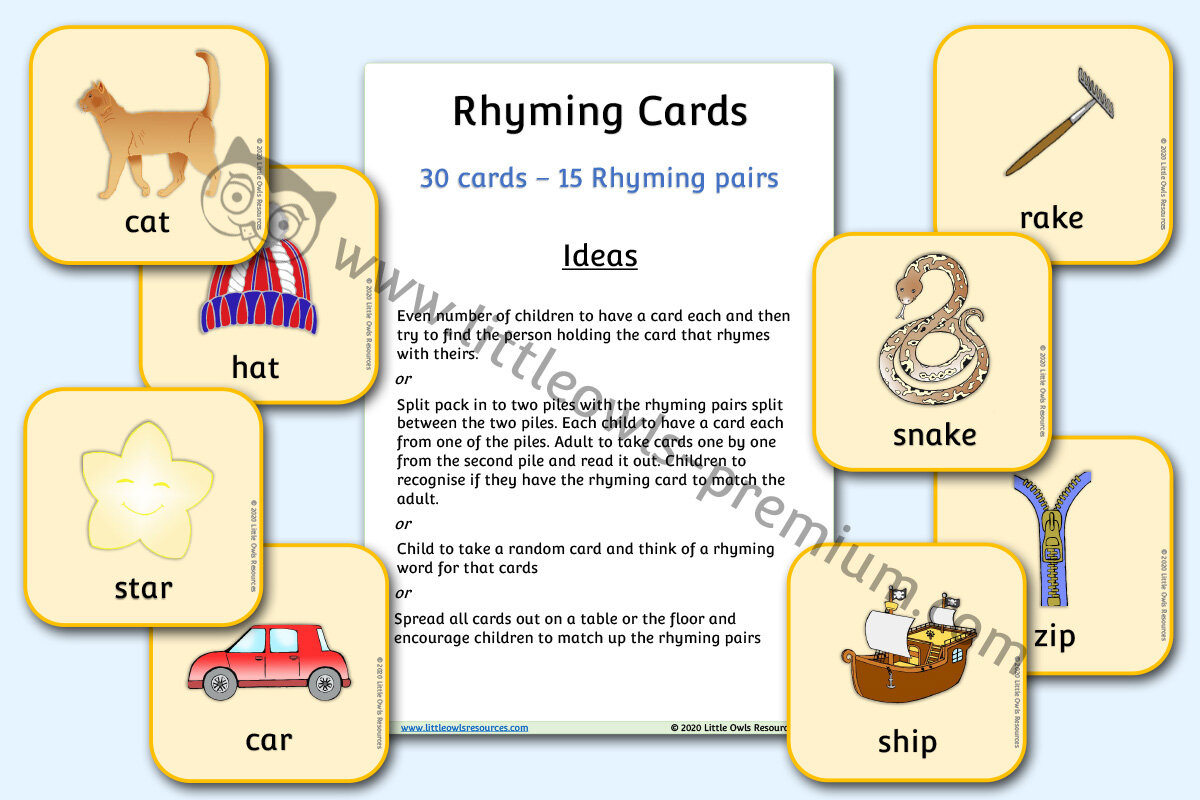
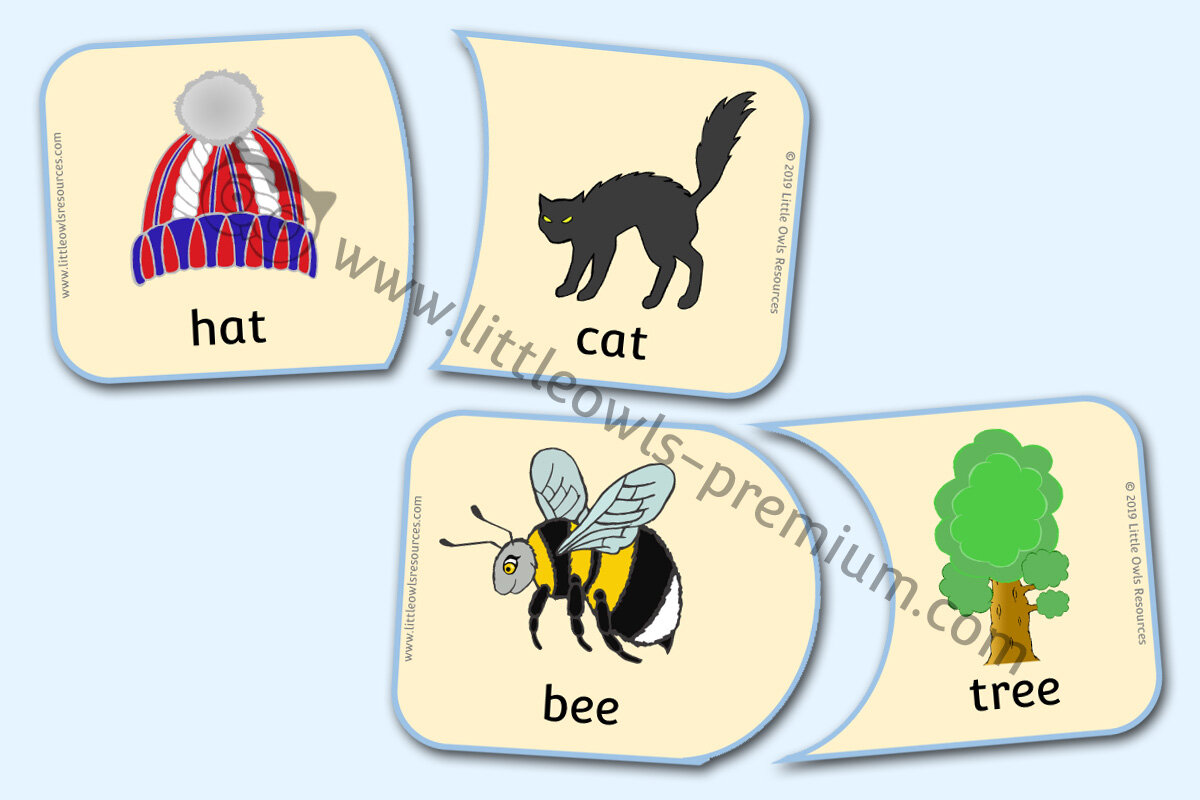
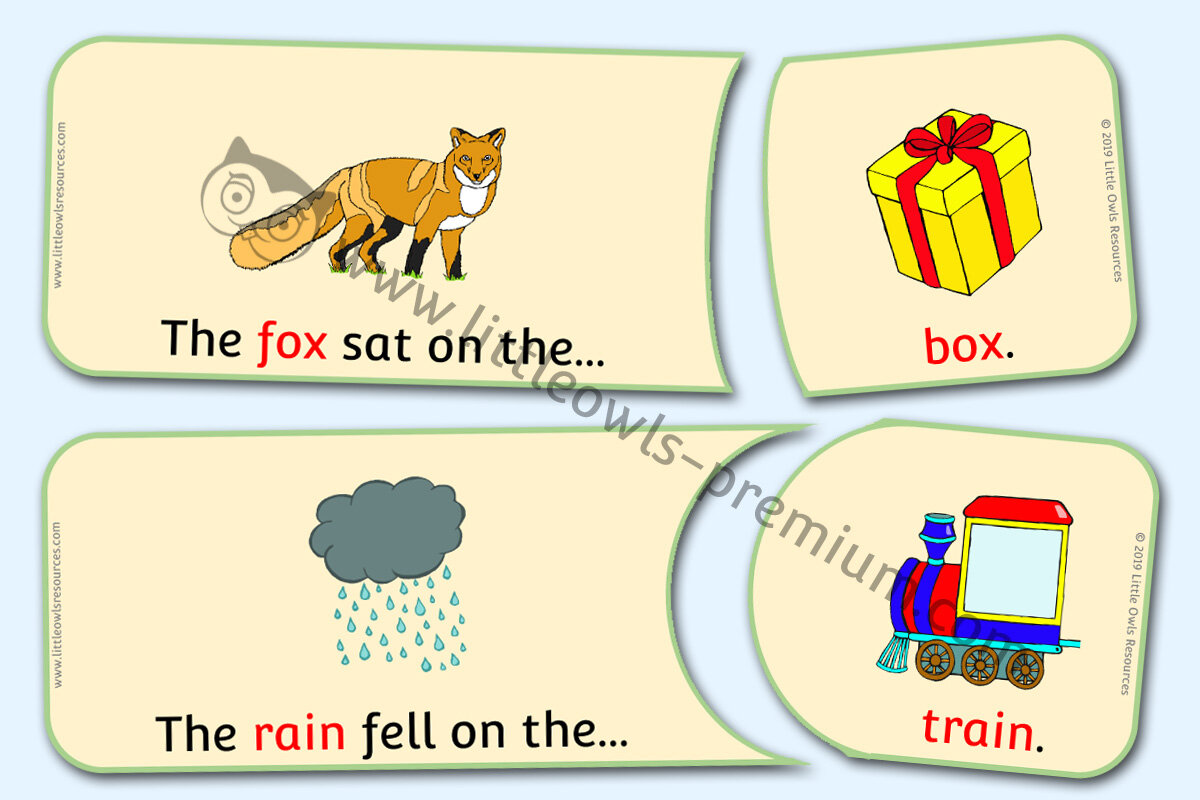


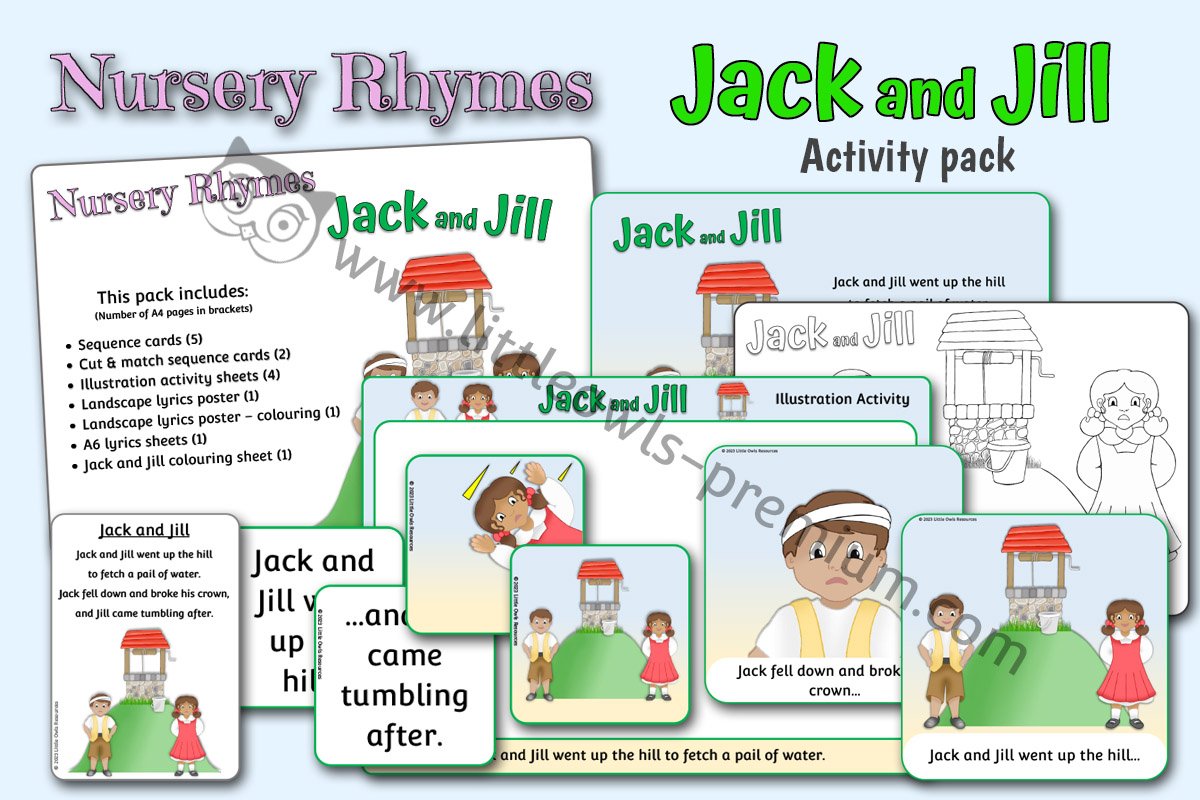



























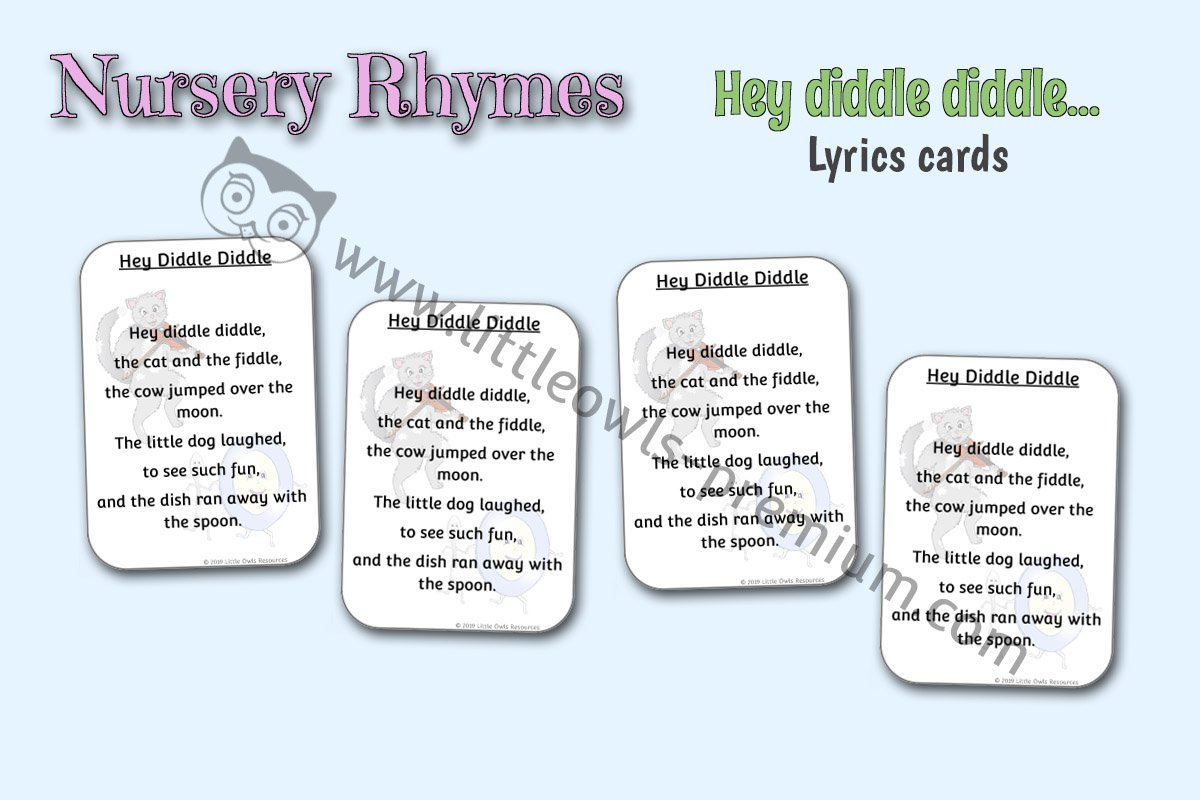
Spark imagination and connect with Scottish heritage through our 'Illustration Activity for 'The…